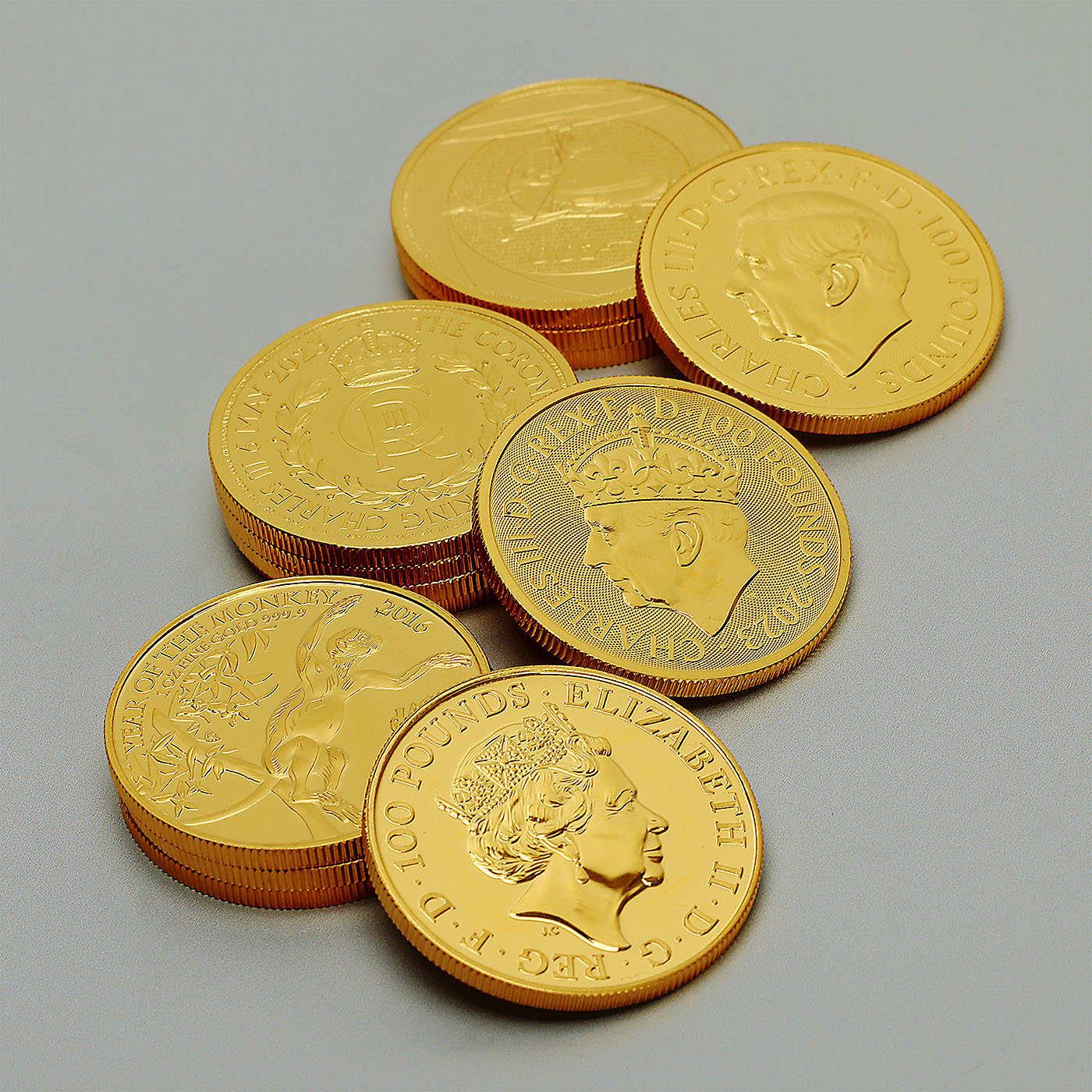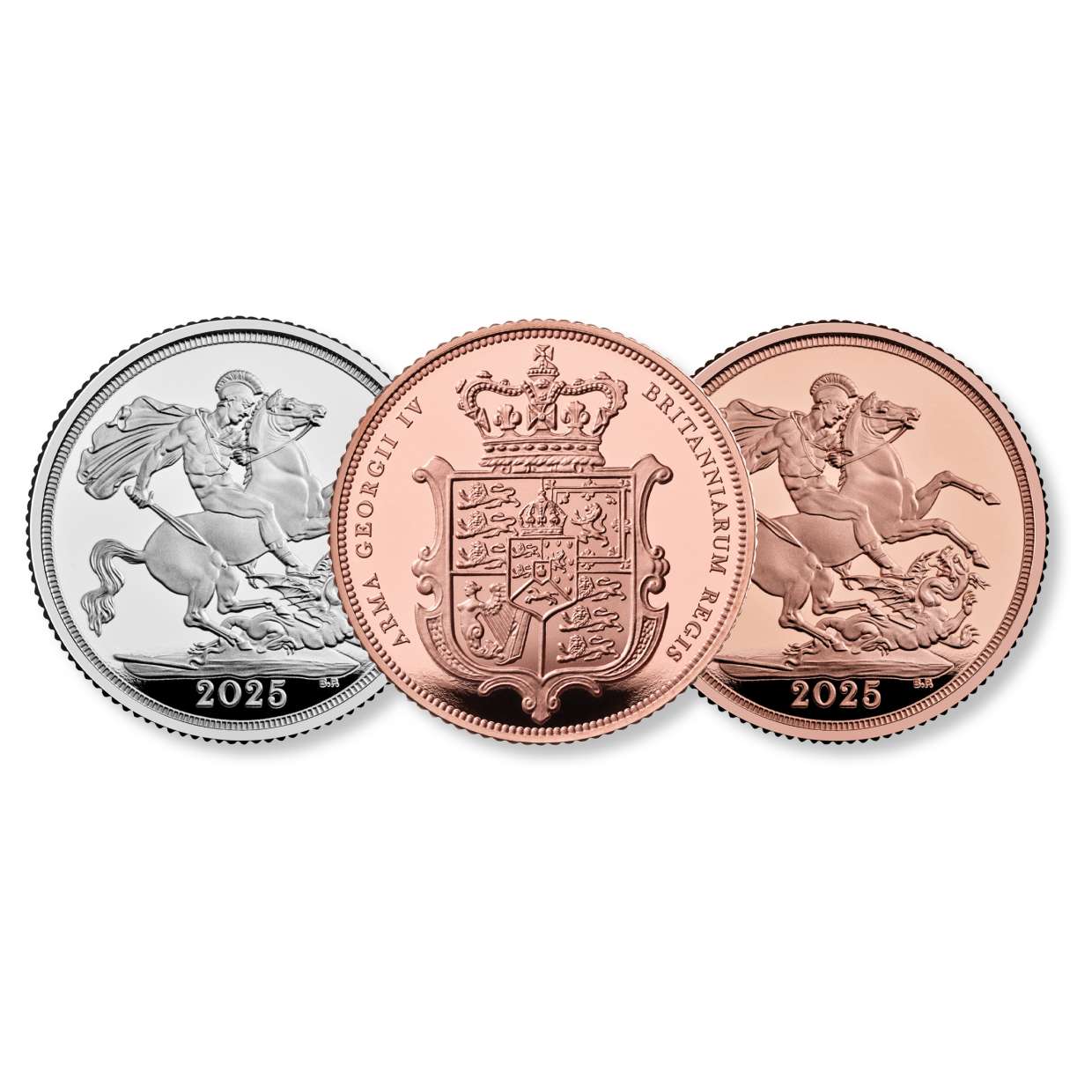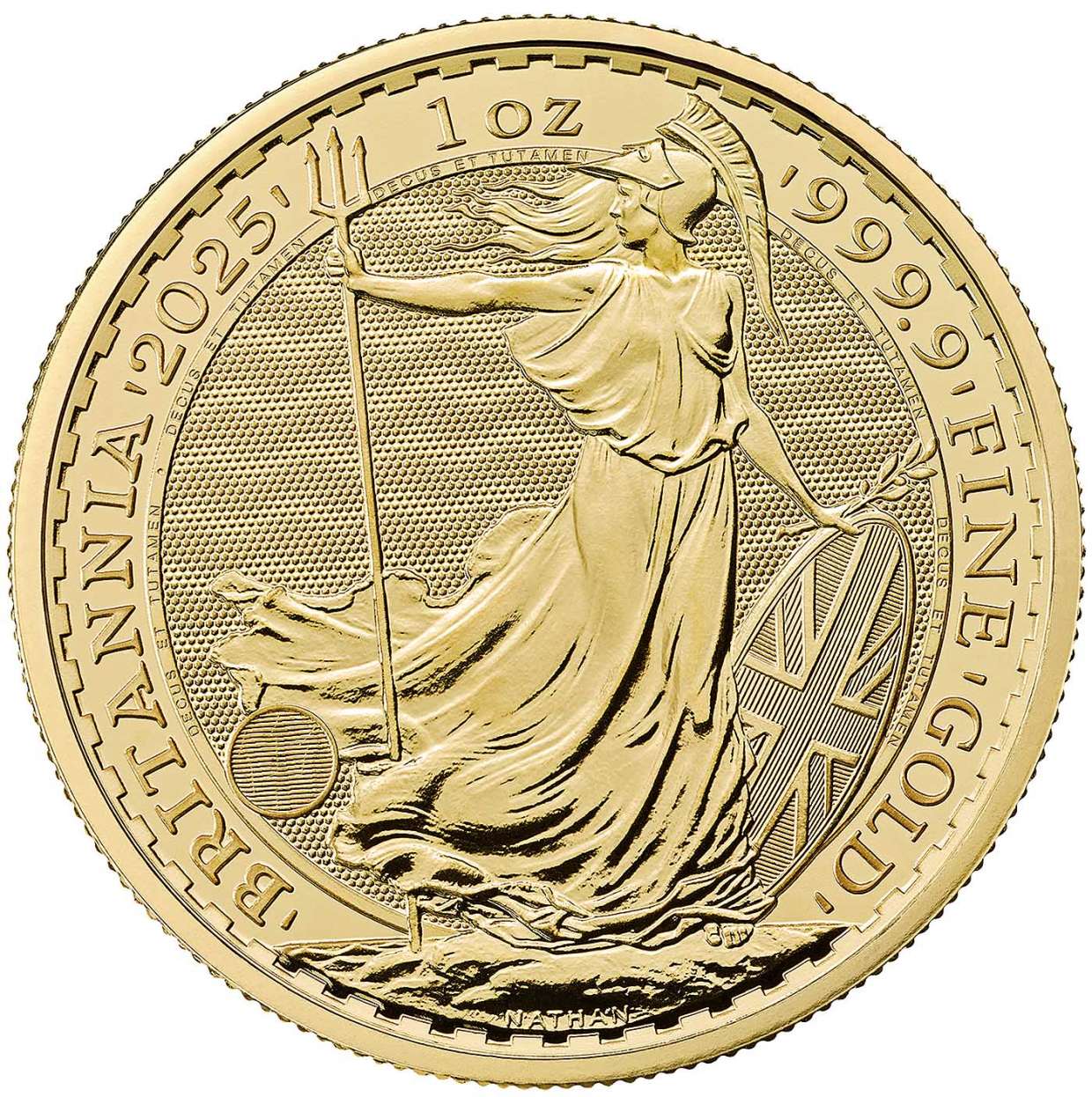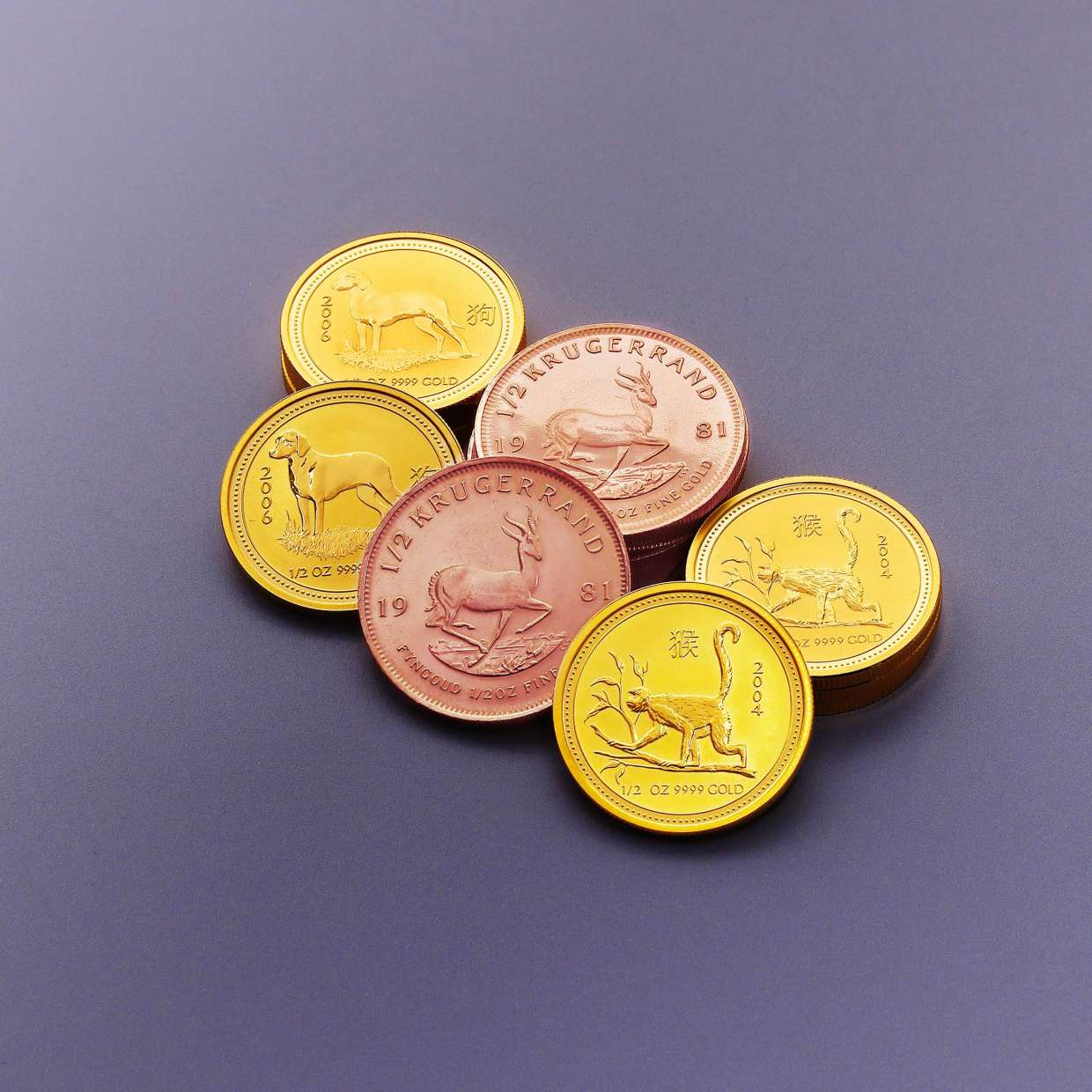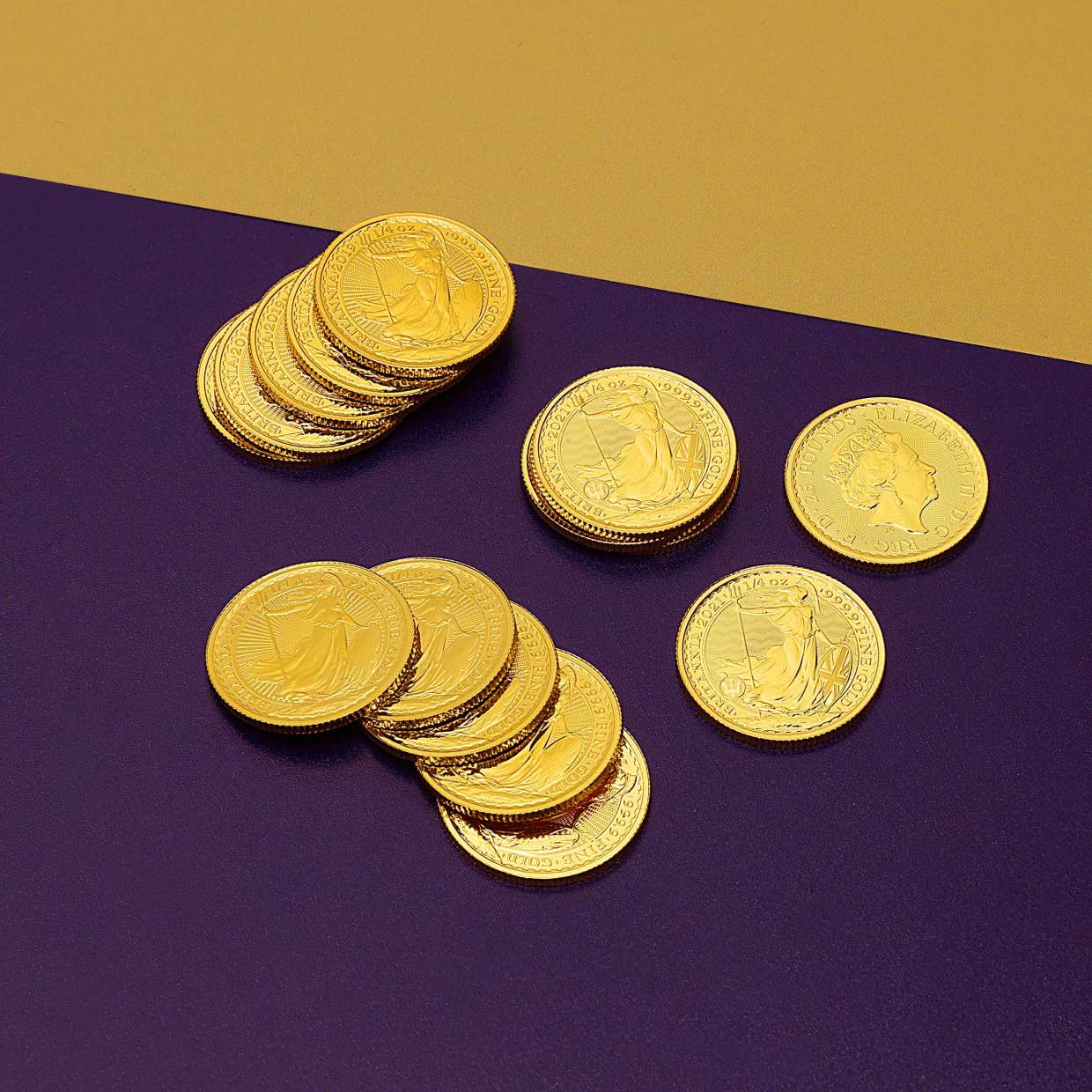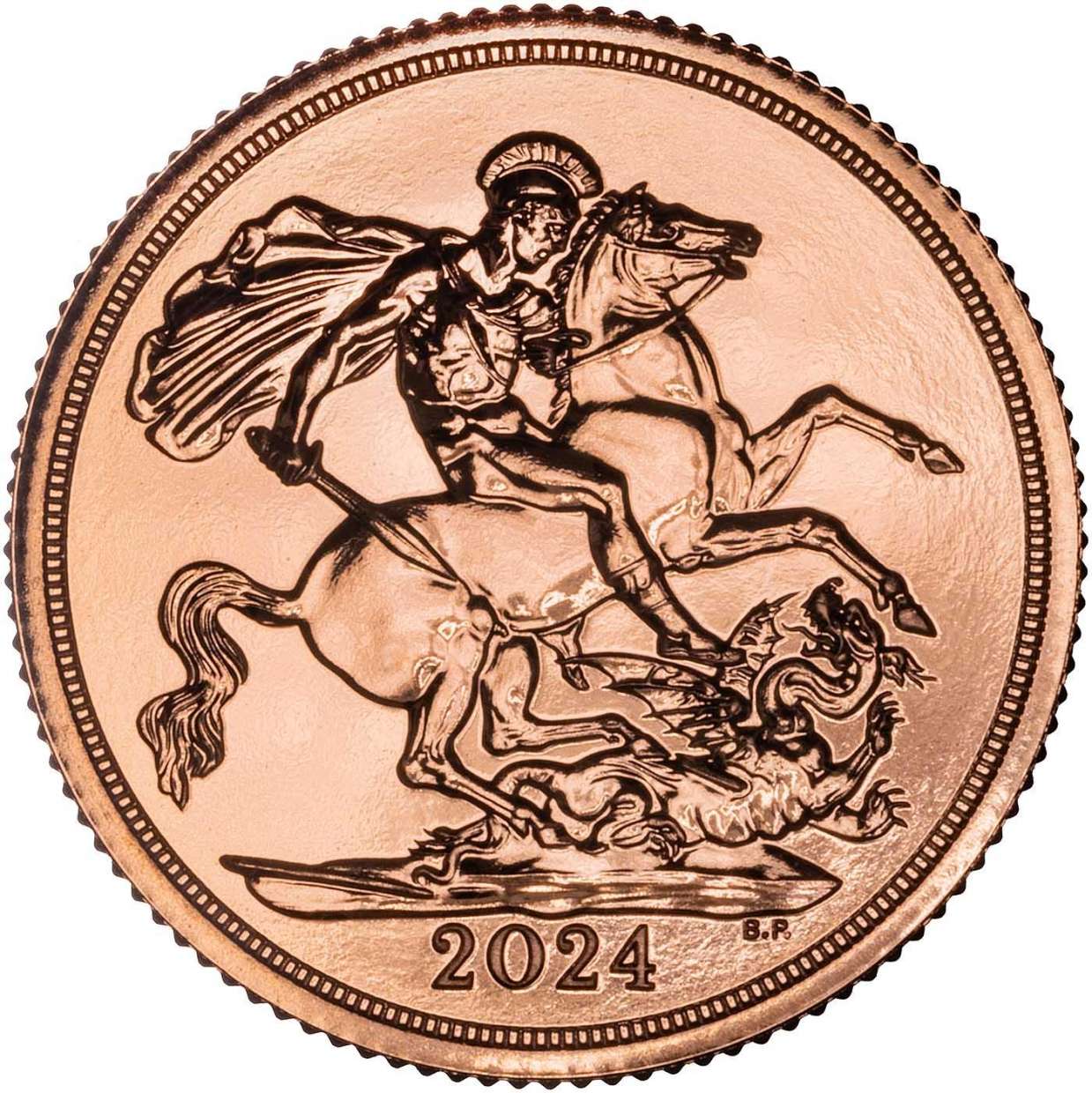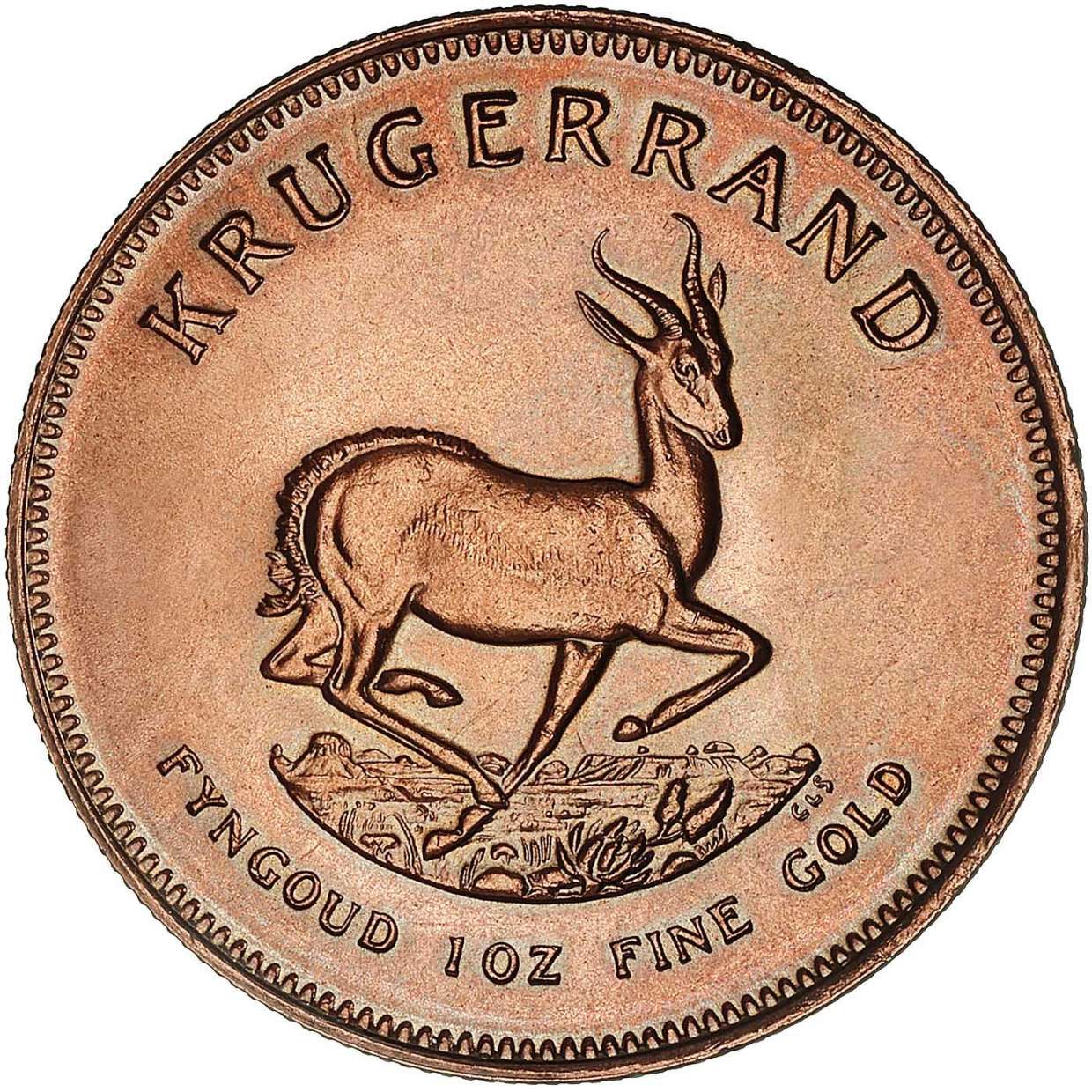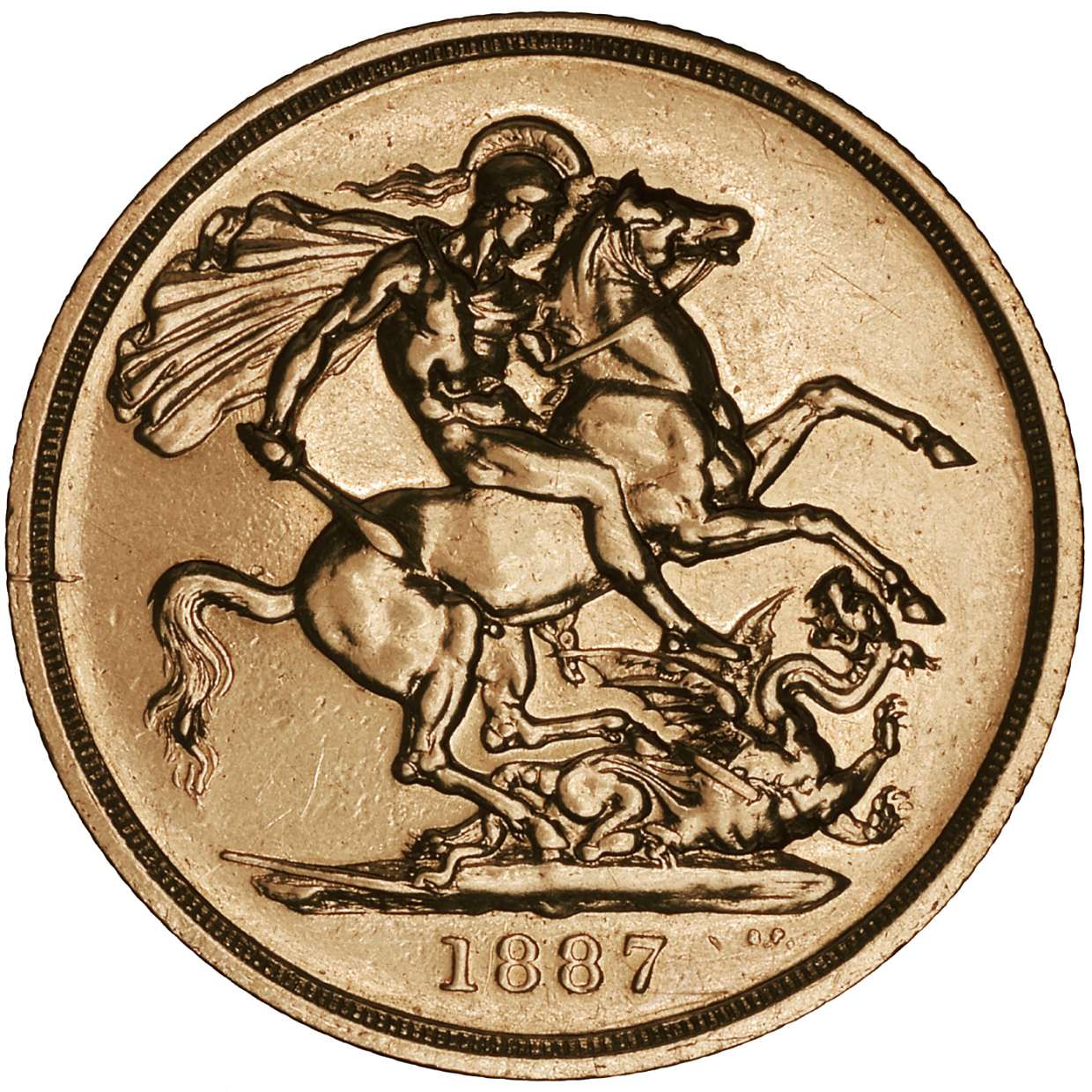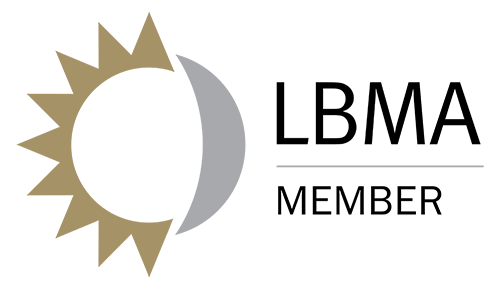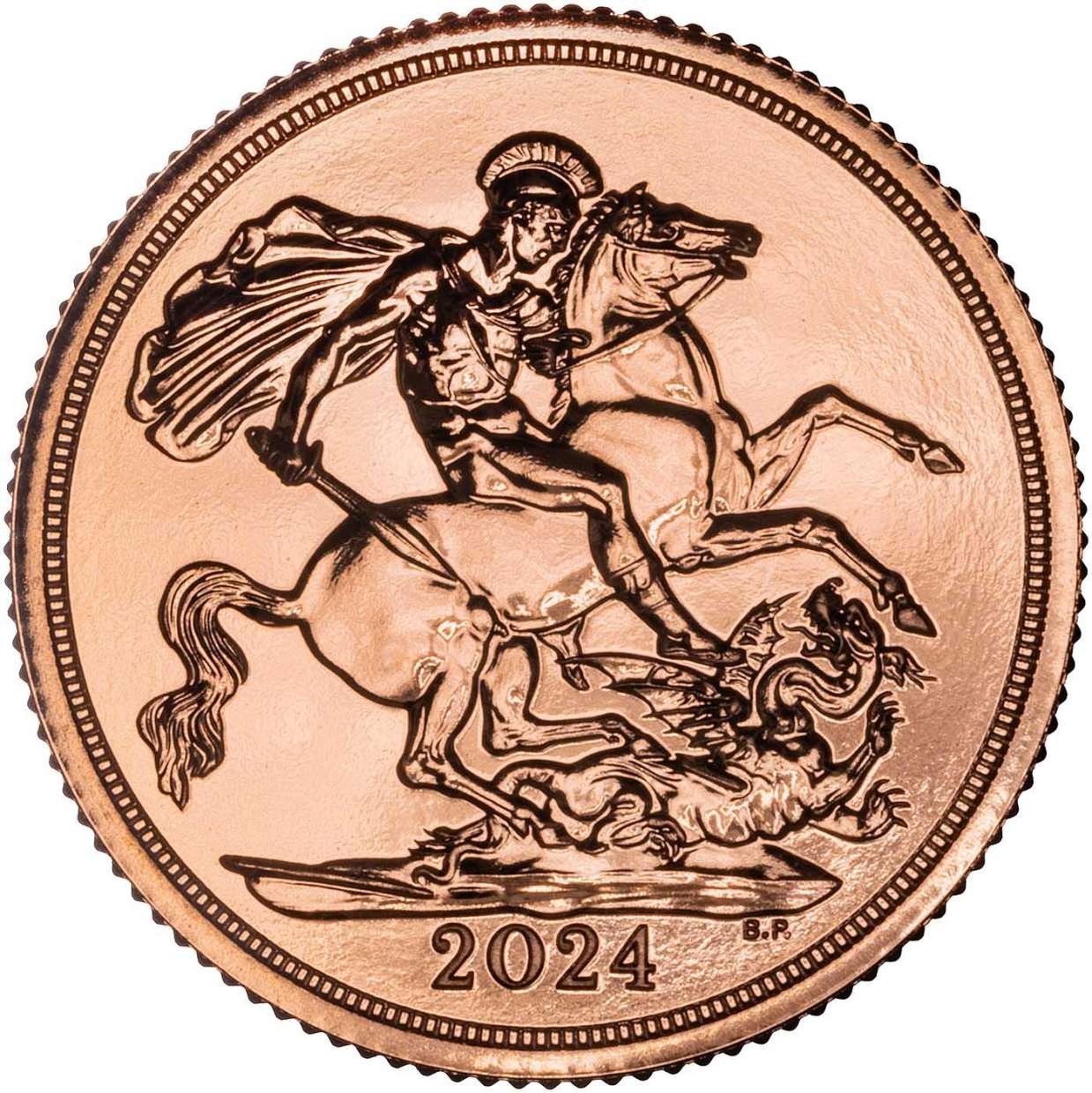ECB Raises Rates to 4% All-Time High
Synopsis
In response to soaring inflation, the European Central Bank (ECB) raised interest rates for the 10th consecutive time, pushing rates from 3.75% to 4%. This decision, resulting in the highest rate since the euro's inception, impacted the Euro's value, hitting a three-month low against the dollar.

Key Takeaways
- ECB has increased the interest rates from 3.75% to 4%
- ECB raises key rate for 10th straight time
- Main refinancing operations rate increases from 4.25% to 4.5%
- Marginal lending facility rate increased from 4.5% to 4.75%
European Central Bank Final Rate Increase?
The ECB has raised the deposit facility rate from 3.75% to 4%, the main refinancing operations rate from 4.25% to 4.5%, and the marginal lending facility rate from 4.5% to 4.75%.
In response to the soaring inflation across Europe and the rest of the world, the European Central Bank (ECB) decided to increase interest rates by an additional 25 basis points in September.
This raised the ECB interest rate to 4%, the highest since the initial launch of the euro currency over 24 years ago in 1999. Currently, 20 countries use the euro, and remain at 5.3% inflation in August 2023, which is way above the 2% medium-term target set by the Monetary Policy.

During the announcement, Christine Lagarde, the president of the ECB, presented the inflation outlook data for the euro area. The graph highlighted a roadmap outlining the annual targets for reducing inflation: a decrease to 3.2% in 2024 from 5.6% in 2023, followed by a further reduction to 2.1% in 2025.
The Euro Currency Takes a Hit After Decision
As a result of the ECB increasing interest rates, the Euro in the currency market saw a three month low against the dollar on Thursday 14 September 2023. Trading of the Euro currency also saw a 0.5 percent decrease on the day to $1.0677.
The rise in interest rates has had a substantial impact on the Eurozone economy, particularly affecting Germany and its close neighbour, the Netherlands, both of which are already in recession. This development poses another significant challenge to overcome.
However, European stock markets experienced a surge after the ECB indicated that the rate hikes might be nearing an end. The most significant movement was observed in the FTSE 100, which increased by almost 2% following the ECB's decision on Thursday.
The Bank of England & US Federal Reserve Meetings
The Bank of England (BOE) and the US Federal Reserve (FED) have their meetings scheduled for next week. Economists predict that the BOE is likely to raise interest rates, as they are still far from achieving the 2% target set by their monetary policy. Currently, the Consumer Price Inflation (CPI) in the United Kingdom stands at 6.8%.
Economists predict that the FED will maintain the current rates, even though the United States experienced an increase in inflation to 3.7% in August 2023, up from 3.2% in July 2023.
Gold as Hedge Against Inflation
Gold investing offers an advantage by serving as a hedge against inflation, as its price tends to rise when the cost of living increases. Inflation denotes the overall rise in the prices of goods and services, resulting in a reduction in the purchasing power of currency.
Stay informed by signing up for our mailing list and follow us on Instagram, YouTube, Facebook, TikTok and Twitter for coin news.
Sign up to our newsletter:
Related Articles
This guide and its content is copyright of Chard (1964) Ltd - © Chard (1964) Ltd 2025. All rights reserved. Any redistribution or reproduction of part or all of the contents in any form is prohibited.
We are not financial advisers and we would always recommend that you consult with one prior to making any investment decision.
You can read more about copyright or our advice disclaimer on these links.







